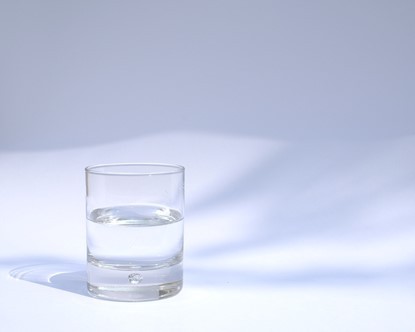Human body and water guide, Body liquid absorption advice, Hydration health tips
Human Body and Water
Sep 29, 2021
After drinking, the body quickly absorbs and transports water to where it’s needed most. The organs in our human bodies have different moisture content- lymph contains 94% while joints are about 83%. Also kidney tissues can hold onto 75%, muscles 62%, skin 22%. Fat has no such requirement for humidity.
Also Read: Where Does Water Go After Drinking?
Where Does Water Go?
Your body can only absorb digested food, but it absorbs water directly. The first step to receiving that much-needed hydration starts in your mouth with a cooperative sip and ends up being recorded by what you’ve eaten: the esophagus has been opened wide for all of us to drink from now until infinity.
The next stage is the stomach and in the stomach, it absorbs water depending on the state of eating and when the body fasts, it absorbs water quickly and behind the stomach is the small intestine which is responsible for absorbing water into the blood and cell membranes and flowing through the cells in the body, providing enough water for the organs to function properly
Then there’s the large intestine. This stage is essential for water reabsorption, absorption of water and electrolytes, fecal concentration, and prevention of water and electrolytes entering the bloodstream through lymphatic fluid. Then there’s the kidneys. The kidneys are essential in fluid dynamics; They can effectively filter out toxins only when they get a lot of water. If the kidneys do not absorb enough water, they cannot function effectively, which can affect health. For example, when the organs of the body have enough water, kidney-related diseases such as kidney stones are excreted to recover
The four main ways that water leaves our body are through sweat, urine and feces. Sweat provides important minerals like sodium chloride (salt) for example which keeps us feeling normal; however during summer months when we lose a lot more than usual due to humidity levels rising, this can become dangerous as well if not recycled properly into other things such as ground-water replenishment or plant life since there’s no natural way these crystals will come back around again! Urine travels out of the kidneys in order to remove toxins from blood while also carrying along any excess fluids soIf its just being produced too quickly without attention given then dehydration may occur.
What Happened to Your Body after Drinking Water
You Won’t Feel Thirsty
The main function of the brain is to regulate and maintain the body. When the water level is low, it helps ensure that cells contract and survive when they need it most – so you never get a drink! Well, if we drink enough, these receptors will shut down so that the taste buds or intestines no longer need to take up all available resources: however, sometimes these reflexes occur too quickly, leading to risks such as dehydration, which can lead to serious health problems such as kidney damage over time.
Boost the Kidney’s Function
The kidneys are the main detox organs in the body and require water to maintain normal function and eliminate toxins. Insufficient water in the body reduces the ability of the kidneys to filter blood and can lead to kidney stones and other kidney-related diseases.
The kidneys use a temporary strategy to concentrate urine to preserve moisture: the urine turns dark yellow. However, in the long run, this strategy may impair kidney function. Generally speaking, two liters a day is enough to meet people’s water needs. However, drinking 3 litres of water a day can prevent more stones from forming if you have kidney stones.
Important for Brian Function
Water helps the brain maintain normal cognitive function. The brain needs water to function and operate. When water is scarce, it impairs learning and memory
Recommended Fluid to Drink
After understanding water’s journey through the body and the importance of water to human’s physical and mental wellbeing, it is necessary to find ways to obtain the best water. Water filters are the easiest ways to get water free of dangerous toxins and contaminants for pure, healthy water. Waterdrop RO water filter system can be considered as one of the most advanced water purifiers on the market, which adopts 0.0001 micron pore size to eliminate various contaminants in tap water including chlorine, fluoride, heavy metals, TDS, bacteria, viruses and more harmful substances.
Comments on this guide to the human body and water article are welcome.
Water Storage
Water Storage Tanks and Heaters
Buying Portable Water Storage Tanks
Looking for the Best Water Storage Tanks?
4 signs that your water pump needs expert repair service
Building Articles
Residential Architecture
Comments / photos for the Human body and water guide page welcome





